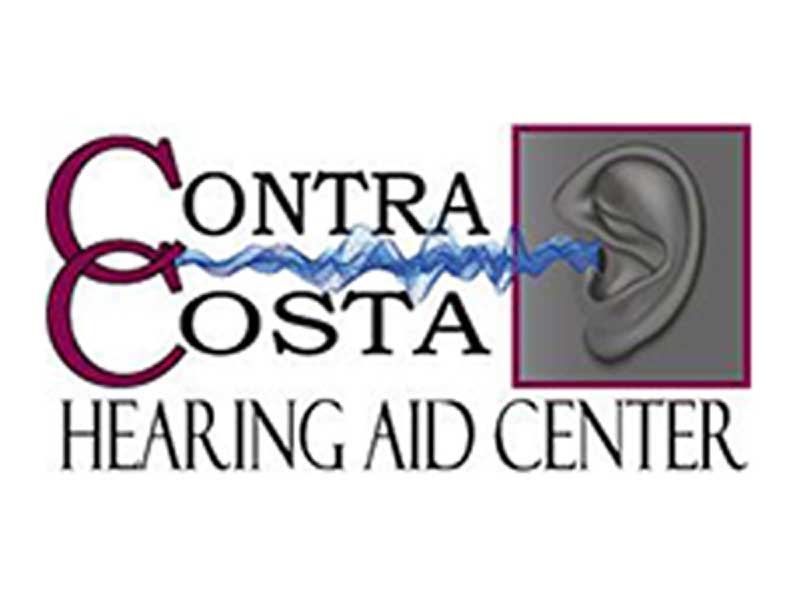Even though the majority of us stay current with our yearly physical, dental cleaning, and eye exam, we usually forget to take into account the health of our hearing. And when our hearing does start to worsen, it appears so slowly that we scarcely notice and fail to take action. It’s this lack of interaction with hearing care professionals that makes people curious to know what the career actually involves.
And that’s a shame, because hearing care professionals serve as a vital segment of the healthcare system. It’s through the hearing care professional that the correct operation of one of our principal senses — one for which we tend to take for granted — is preserved or restored.
Because we take hearing for granted, we often fail to fully grasp just how priceless hearing is. With accurate hearing, we can help to increase concentration, take pleasure in the details of sound, converse better, and strengthen family relationships. And the hearing care professionals are the ones who ensure that this essential sense is working properly.
If you’d like to find out more about this interesting but little-known healthcare field — or if you’re interested in joining the field yourself — read on.
Attraction to the hearing care field
Hearing care professionals are driven to the field for many reasons, but a couple different key motivating factors are consistently present. First of all, many practitioners have experienced, and continue to endure, hearing complications themselves. Considering the fact that they were themselves helped by a hearing care professional, the impulse to repay the favor for others is powerful.
To provide an example, Zoe Williams, a hearing care professional practicing in Australia, has moderate to profound hearing loss in both ears. This could have led to an inability to communicate, but thanks to cochlear implants and hearing aids, Zoe is now able to communicate normally. Realizing first-hand how improved hearing leads to a much better life, Zoe was inspired to enter the field and to help others in a similar manner.
Other practitioners are enticed into the hearing care field as a consequence of its unique combination of counseling, problem solving, science, and technology. Together with studying the science of hearing and the design of hearing technology, practitioners also learn how to work with people in the role of a counselor. Coping with hearing loss is a sensitive situation, and clients present a variety of emotions and personalities. Practitioners must be able to utilize the “soft skills” needed to address these difficulties and must work with clients on an individual level to beat hearing loss.
Training and education
Part of the appeal of earning a living in the hearing care profession is the interesting combination of subjects covered as part of the schooling and training. Those pursuing a career in the field master interesting topics in a number of fields such as:
- Biology – topics include the anatomy and physiology of hearing, balance, the ear, and the brain, as well as courses in hearing and balance disorders and pharmacology.
- Physics – topics include the physics of sound, acoustics, and psychoacoustics (how the brain processes sound).
- Engineering – topics include the production and functioning of hearing technology such as assistive listening devices, hearing aids, and cochlear implants, along with the programming of digital hearing aids.
- Counseling – topics include how to interview clients, how to teach coping skills, and how to train on the use of hearing aids, as well as other interesting topics in psychology and counseling.
- Professional practice – topics include diagnosing hearing problems, carrying out and interpreting hearing tests, employing hearing treatments, fitting and programming hearing aids, professional ethics, and starting a business.
Job functions
Hearing care professionals work in various kinds of settings (schools, hospitals, private practices) performing diverse tasks such as research, teaching, and diagnosing and treating hearing and balance issues.
Normal duties include conducting diagnostic tests, interpreting hearing tests, and working with clients on identifying the optimal hearing treatment, frequently including the use of hearing aids. Hearing care professionals custom-fit and program hearing aids to best suit the individual and will train the client on how to use and maintain them. Hearing care professionals also work with organizations and companies to prevent hearing injuries in loud work situations.
Benefits
The benefits reported most frequently by people in the hearing care profession revolve around the ability to positively impact people’s lives on a very personalized level. Long-lasting friendships between clients and hearing instrument specialists are also typical due to the personal nature of care.
When clients state that they can hear again for the first time in ages, the emotions can be overwhelming. Patients often describe a sense of reconnection to the world and to family, along with strengthened relationships and an elevated overall quality of life.
How many occupations can claim that kind of personal impact?
